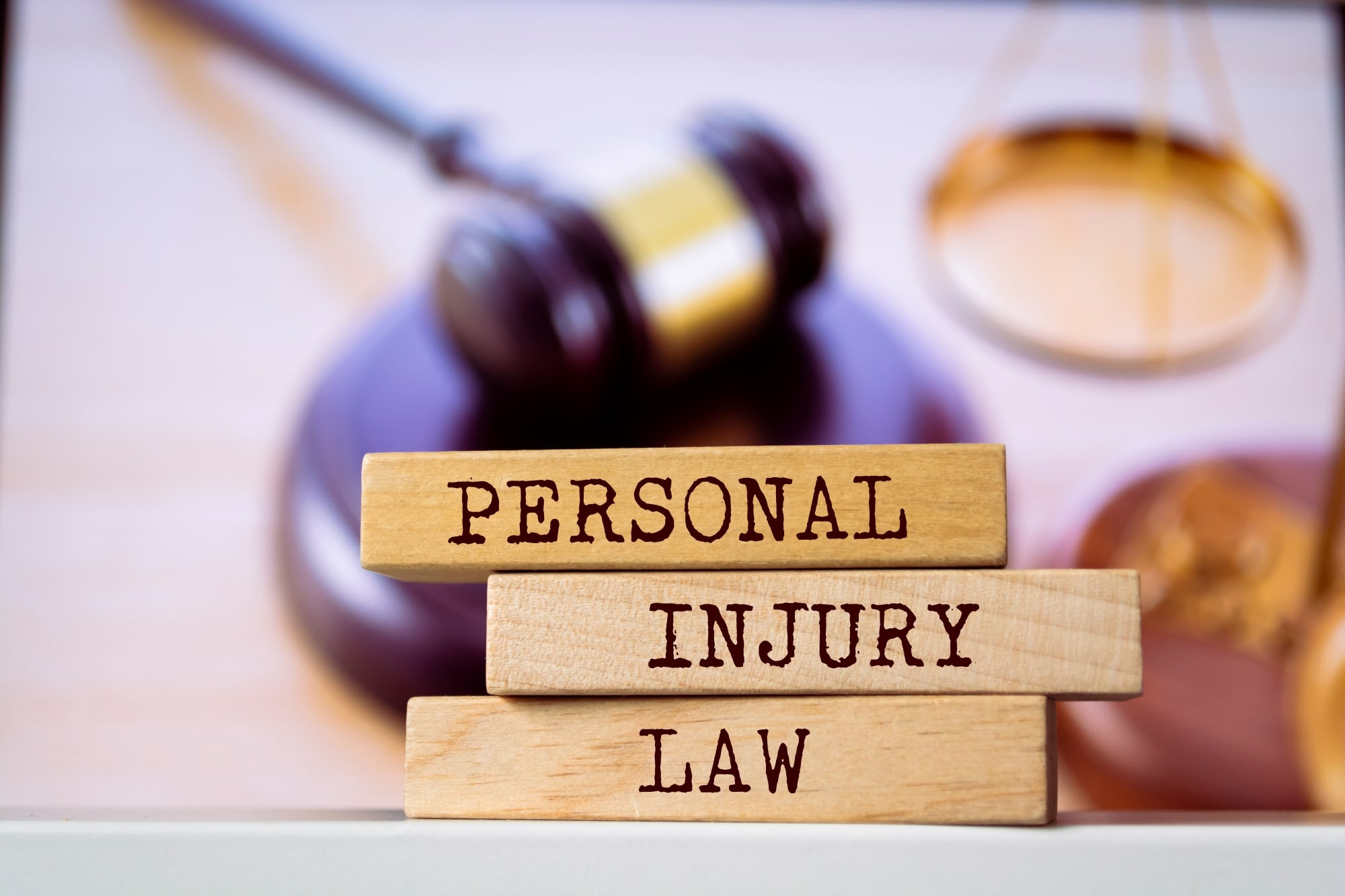|
Getting your Trinity Audio player ready...
|
Settling a personal injury case typically involves receiving compensation for both economic and non-economic damages. Economic damages cover quantifiable losses like medical bills and lost wages, while non-economic damages provide payment for more intangible losses like pain and suffering.
As no two personal injury cases are alike, projected settlement amounts can vary greatly. However, being informed about potential compensation levels can help set reasonable expectations. An experienced personal injury lawyer can help you through the claims process and answer all questions you may have on the matter.

The Prevalence of Personal Injury
Each year, one in three Americans suffer a non-fatal injury, and over 140,000 people will die from them. Additionally, around 40,000 people die every year in the United States due to injuries arising from motor vehicle crashes alone. These accidents also cause 2.1 million people to visit the ER.
Calculating Economic Damages
Economic damages make up the more concrete, provable losses in a personal injury case. These expenses accumulate from the date of injury onwards, and may include:
- Medical treatment – All medical expenses tied to the injury, including emergency response, hospitalization, surgery, medication, devices, rehabilitation, and future medical costs if the injury causes a lasting impairment.
- Lost income – Income lost due to missing work because of the injury. Calculations factor in how long the injury kept you out of work and your average earnings.
- Loss of future earnings – If the injury prevents you from working in the future or reduces your earning capacity, you can claim these projected lost wages.
- Other costs – Expenses like property damage or costs for household and childcare assistance that resulted from the injury.
Non-Economic Damages
Non-economic damages in injury cases are more subjective, but just as impactful. Common claims include:
- Pain and suffering – Compensation for any emotional or physical distress stemming from the injury and recovery process.
- Loss of enjoyment of life – Payment for experiences and activities you can no longer enjoy because of disability or impairment.
- Loss of consortium – Compensation your spouse claims for relationship difficulties due to your injury.
- Punitive damages – Additional payment issued if the liable party’s actions were grossly negligent or intentional.
Other Influencing Factors
The specifics of your accident and injury can also sway settlement estimates, such as:
- Type and extent of injury
- Level of liable party’s fault
- Insurance coverage amounts
- State damage caps and claim deadlines
While projecting an exact settlement figure is nearly impossible, keeping these damages and details in mind can help set reasonable expectations. Thoroughly documenting expenses and losses as they occur will also benefit your claim. An experienced injury attorney can best evaluate your case and provide insight into suitable compensation.
Seeking Legal Representation
If you have suffered personal injury due to someone else’s negligent or unlawful actions, partnering with an experienced personal injury lawyer can be highly beneficial. An attorney can help:
- Evaluate your case and the viability of your claim
- Gather and prepare crucial evidence
- Determine all economic costs and losses stemming from the injury
- Calculate suitable ranges for pain and suffering damages
- Negotiate fair settlement offers with insurance providers
- Take the case to trial if a satisfactory settlement can’t be reached
Having a knowledgeable lawyer on your side increases the potential value of your claim and allows you to focus on recovery, rather than tackling the legal process on your own. Though most attorneys charge contingency fees, if they secure no recovery in your case the commitment is void. With legal representation maximizing potential compensation for your injury and damages, you have little to lose by seeking counsel.



